India has called for finding a permanent solution to the issue of public stockholding for food security in the ministerial-level meeting of the World Trade Organisation (WTO) in February 2024, an official said.
It has dismissed arguments for alternative food security solutions beyond PSH (public stock holding) and SSM (special safeguard mechanism) and believes that market access and export restriction are not worth the effort, the Geneva-based official said.
India has also pitched for the need to recalculate the external reference prices to reflect the impact of inflation and other economic factors on food stock prices.
The issue was discussed during a special session of the WTO's Committee on Agriculture on May 3 and 4 in Geneva.
"India declared that it has no intention of revising the existing proposal for public stockholding for food security purposes and suggested that it is the only way forward. India called for a permanent solution for PSH at MC13 (13th ministerial conference)," the official said.
The 13th World Trade Organization (WTO) Ministerial Conference (MC13) will take place in the week of February 26, 2024 in Abu Dhabi, United Arab Emirates. MC is the highest decision making body of the 164-member multi-lateral body.
In the meeting, China, India, Sri Lanka, South Africa, and Egypt joined the call for initiating text-based negotiations on PSH.
They highlighted the importance of PSH being applied to all developing countries, particularly least developed countries (LDCs) and net-food importing developing countries (NFIDCs), to help address the severe food security problem.
"India criticized non-proponents for their stubbornness and unwillingness to move from old positions when negotiations begin to discuss details," the official added.
As part of a permanent solution, India has asked for things like amendments in the formula to calculate the food subsidy cap and inclusion of programmes implemented after 2013 under the ambit of 'Peace Clause'.
As an interim measure, the WTO members at the Bali ministerial meeting in December 2013 had agreed to put in place a mechanism popularly called Peace Clause and committed to negotiating an agreement for a permanent solution.
Under the Peace Clause, WTO members agreed to refrain from challenging any breach in the prescribed ceiling by a developing nation at the dispute settlement forum of the WTO.
This clause will stay till a permanent solution is found to the food stockpiling issue.
Under global trade norms, a WTO member country's food subsidy bill should not breach the limit of 10 per cent of the value of production based on the reference price of 1986-88.
Subsidies over and above the prescribed ceiling are seen as trade distorting. The limit is fixed at 10 per cent of the value of food production for developing countries like India.
India has earlier informed the World Trade Organisation that it has used the peace clause to provide excess support measures to rice farmers for marketing year 2020-21, in order to meet the domestic food security needs of its poor population.
India also asked for SSM, which aims at protecting poor and marginal farmers from any surge in imports or a steep decline in prices.
The Geneva-based 164 member multi-lateral body deals with global exports and import-related norms. Besides, it adjudicates trade disputes between the member countries.
The WTO's agriculture negotiations encompass various topics, including domestic support, market access, export competition, export restrictions, cotton, public stockholding for food security purposes, special safeguard mechanism, and the cross-cutting issue of transparency.
At the 12th ministerial conference in Geneva, despite making progress on the food security front, members were unable to arrive at an agreement on the agriculture reform work plan.






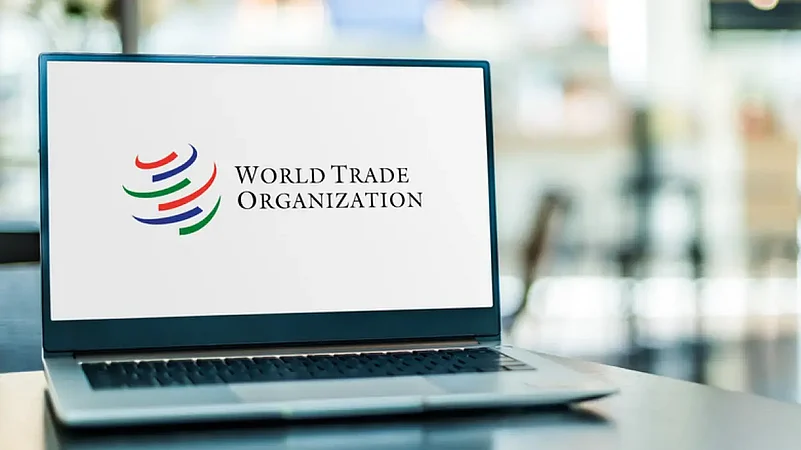


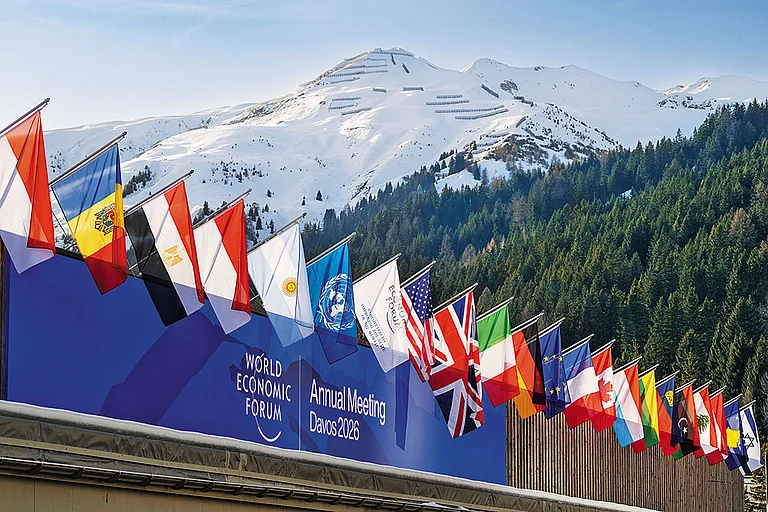
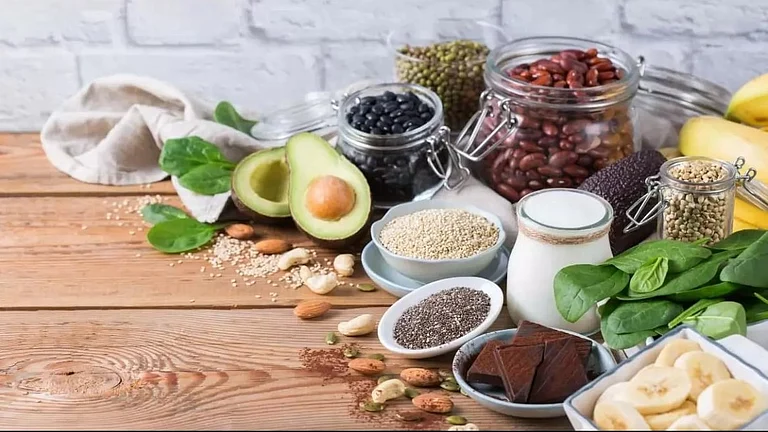

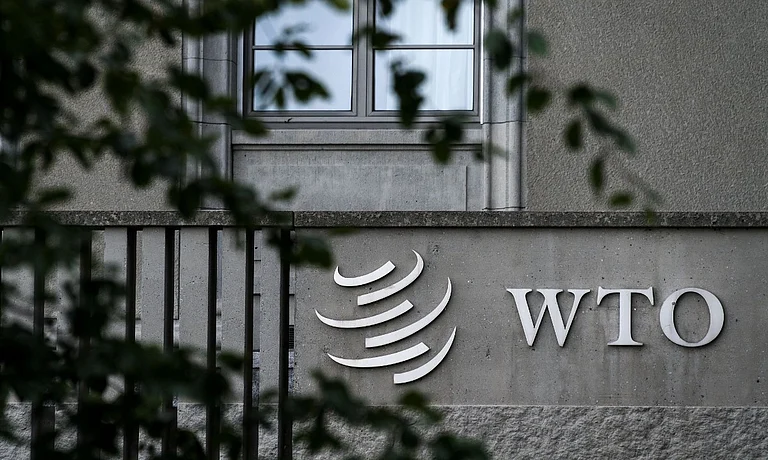

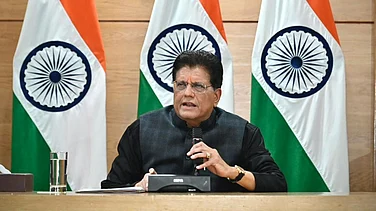
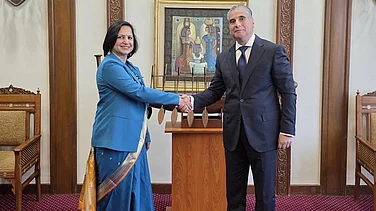










.jpg?w=200&auto=format%2Ccompress&fit=max)




